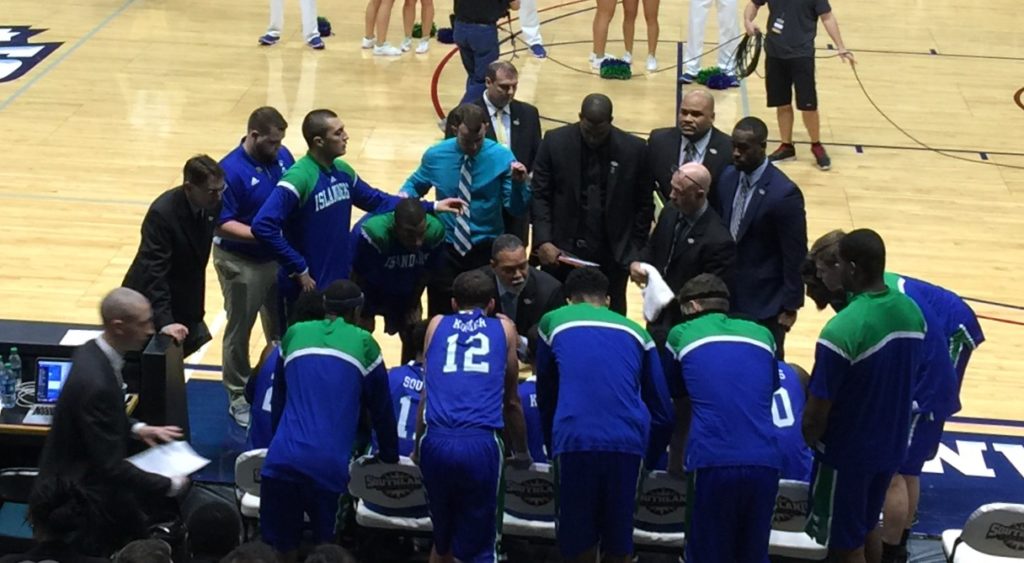Over the years, I have had a unique opportunity to observe a variety of coaches and coaching styles. Whether it has been coaching my 5 sons in youth sports or working with athletes and teams at the high school, college, and professional levels, I have seen many examples of excellent and effective coaching as well as coaches that missed the mark of what it means to be a true leader.

In my observations and experience, I believe the best coaches do these 5 things incredibly well:
- The best coaches are Connected to their players – Great relationships are built on trust and shared mission, vision, and values. Great coaches know this, and they work to build effective relationships with their players individually and collectively as a team. They connect with their players based on their individual needs and their motivators/activators. The best coaches cultivate a culture based on mutual respect, and they create an environment where people want to stay and be a part of something bigger than themselves.
- The best coaches Care about their players – True leaders and coaches always care about the people they lead and influence. They view leadership as a responsibility and an opportunity, and they invest in the growth and development of their players and team. The best coaches view their role as a transformational opportunity versus a transactional duty. In other words, great coaches don’t just see a player and wonder, “What can this player do for me?” They look at their players and ask, “How can I maximize their potential individually and collectively?” They have an abundance mentality regarding their players, which typically leads to the accomplishment of team goals.
- The best coaches Communicate with their players – Great coaches don’t just tell their players to do something or yell at them when they don’t. The best coaches teach, instruct, and give feedback in a way that helps another person be successful. Encouragement is an essential part of effective communication for anyone in a leadership position, and great coaches use encouragement as the leverage point of their leadership. Great coaches also know how to customize their communication to each individual on the team in a way that the point is heard, received, understood, and applied in their lives.
- The best coaches unleash Confidence in their players – The most effective coaches know how to instill and inspire confidence in others. While some coaches only focus on the “science of coaching” – the technical part of the game – great coaches also focus on the “art of coaching.” We define the “art of coaching” as instilling confidence in your players and team, seeing and helping them maximize their potential, and getting them to perform on “game day” with trust and belief. Talent is typically unleashed when you exhibit trust, and inspiring confidence is the key to helping a player do this. While there are a variety of ways to instill confidence, one of the most effective ways is to communicate your belief in them, specifically highlighting strengths and talents that they bring to the team and a given situation.
- The best coaches Challenge their players – Great coaches and leaders challenge their players to bring their best in the biggest moments of a game. Distractions like bad performances and an intimidating opponent can disorient a player and a team from the opportunity before them. They get sidetracked thinking others own the monopoly on greatness. It is in these moments that a great coach re-orients their players and teams to the talent they possess and the perspective they need to focus on in order to be great!
Whatever role you are playing today, you can learn from what the best coaches do in order to lead and influence others in the right way. The key questions every great leader must ask include:
- Am I connecting with the people I lead?
- Do I truly care about them and their growth?
- Am I communicating in a way that helps them succeed?
- Am I inspiring and unleashing confidence in them?
- Do I challenge my team to do their best work based on the talent I know they possess?
Decide today to apply these techniques, and be a great coach and leader that others want to follow and play for.
The best coaches teach, instruct, and give feedback in a way that helps another person be successful." - Mike Van Hoozer
